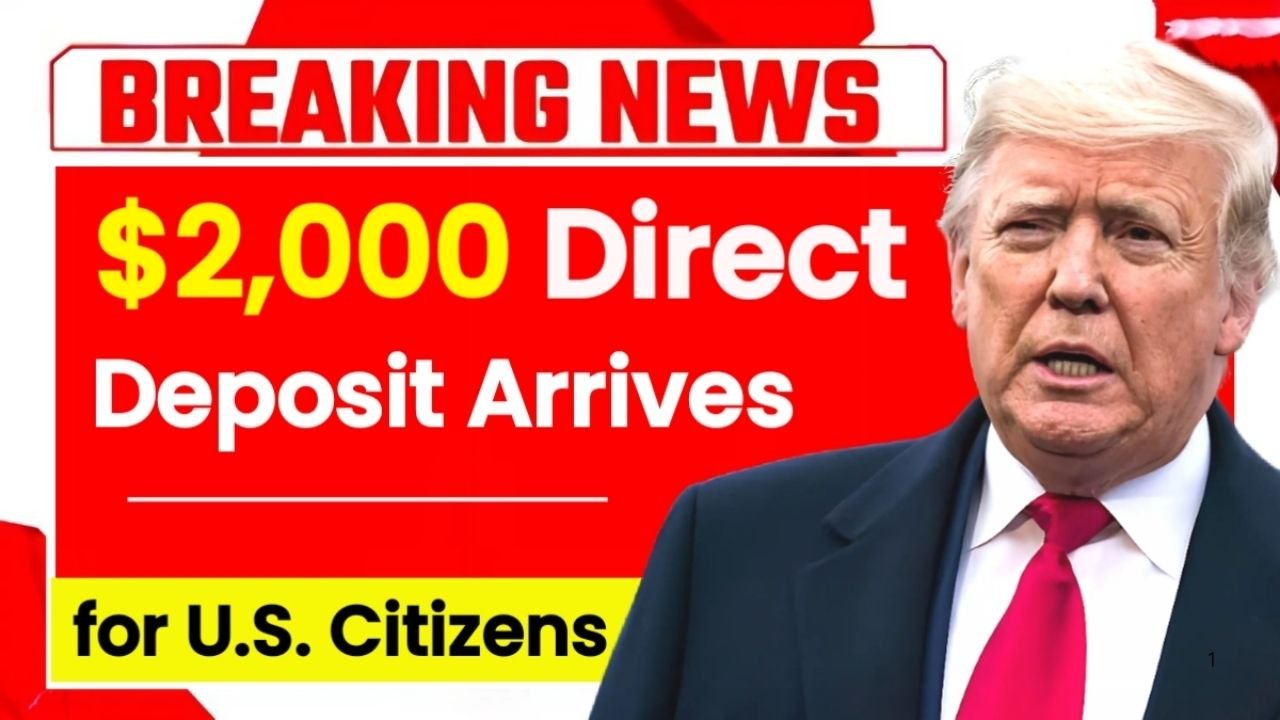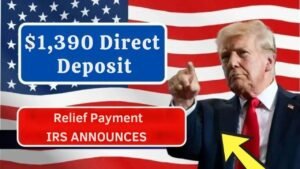Social media and online blogs are buzzing with claims that a $2,000 federal stimulus payment will arrive in November 2025. Many Americans are eager for extra financial support amid rising costs, but the truth may surprise you. Here’s a clear, fact-checked guide explaining the situation, the origins of the rumor, and what citizens should know to stay safe.
The Truth About the $2,000 Stimulus Check
Despite widespread discussion, the IRS and U.S. Treasury have confirmed that no $2,000 stimulus check is scheduled for November 2025 or any other month this year. The idea remains a political proposal, not law, meaning no payments are authorized, and no eligibility rules exist.
Why Rumors Spread
- Rising living costs—groceries, rent, fuel, healthcare—have created high public demand for government relief.
- Political proposals and viral online content blur facts, leading to widespread misinformation.
- Fraudsters exploit confusion, offering fake “early access” to payments in exchange for personal information.
Origin of the $2,000 Proposal
The concept of a $2,000 check comes from a “tariff dividend” idea suggested by former President Donald Trump. The plan would theoretically redistribute revenue from import tariffs to households.
- Funding concerns: Experts note that tariff revenue would be insufficient to cover nationwide payments.
- Legislative status: No bill has been passed by Congress, and no official rules, dates, or IRS instructions exist.
IRS Confirmations and Official Statements
The IRS has made it clear:
- No new federal stimulus checks are planned for 2025 or 2026.
- All messages claiming early deposits, bank verifications, or Social Security-based eligibility are false.
- Any legitimate program would require a detailed rollout, official guidelines, and public announcements via trusted channels.
Comparison to Past Stimulus Programs
During the COVID-19 pandemic, Congress issued three rounds of stimulus checks ($1,200, $600, $1,400) with full legal backing, budget approval, and clear eligibility criteria. In contrast, the 2025 $2,000 concept lacks legal authorization, funding, or IRS operational plans.
Scams and Misinformation to Watch Out For
Fraudsters are exploiting the rumors:
- Texts, emails, or social media messages may request bank details, Social Security numbers, or verification codes.
- The IRS will never ask for personal information online or via phone.
- Only trust official government websites such as IRS.gov for updates.
Quick Tips to Stay Safe:
- Ignore unsolicited messages claiming upcoming stimulus payments.
- Do not click unknown links or provide personal data.
- Verify news via official IRS announcements.
FAQs About the $2,000 Stimulus Claim
Q: Is there a $2,000 direct deposit coming in November 2025?
A: No. It is a political proposal, not law.
Q: Who qualifies for this payment?
A: There are no eligibility rules; the payment does not exist.
Q: Could the IRS issue it without Congress?
A: No. Federal law is required for any new stimulus.
Q: Are online claims about early payments real?
A: No. All such messages are false and often part of scams.
Q: How can I track legitimate stimulus news?
A: Follow IRS.gov or official Treasury announcements.
Conclusion
Despite viral claims, there is no $2,000 stimulus check for November 2025. The idea remains a political discussion, and no legal action has authorized the IRS to issue payments. Americans should avoid misinformation, stay alert for scams, and rely only on official sources for updates. Protect your personal information, and don’t fall for false promises—financial safety begins with verified knowledge.





